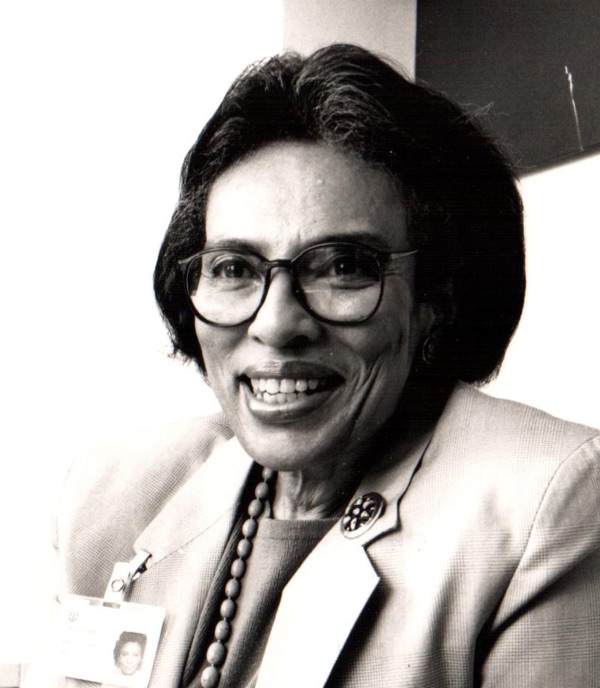New scholarship supports nurses studying public health
Story text Heading link

“Regrettably, given the current structure of the U.S. health system, we’re still going to have underserved populations for the foreseeable future,” says Arlynn Manasse, MPH ’89, BSN, APRN-FPA. “This will likely be the reality until, as a nation, we see healthcare as a right for all.”
In recognition of the impact of this reality in 1971, Rush Presbyterian St. Luke’s Medical Center, now Rush University, initiated the first nurse practitioner program in Illinois, co-directed by a nurse, Dr. Iris R. Shannon and a pediatrician, Dr. Joseph Christian. The program’s intent was to broaden the skills and knowledge of public health nurses and give them more autonomy to care for patients. The outcome would be a new classification of health professional, titled Pediatric Nurse Practitioner, whose efforts would be directed at closing gaps in health care access for infants and children in Chicago and across Illinois.
Manasse was one of five women to complete that first curriculum. Skepticism and opposition to this new role would follow, but the presence today of nurse practitioners and an array of other advanced practice nurses throughout the health delivery system nationally, is evidence of the validity of Dr. Shannon’s foresight.
“Dr. Shannon had the courage to expose herself and her respected institution through this pioneering project, without any guarantee that the new role would be a viable one,” Manasse said.
Iris R. Shannon, PhD, RN, FAAN, is a Chicago native whose passion for public health nursing began as a student nurse during a public health rotation in Detroit. Visiting mothers and children in their homes convinced her of the beneficial effect of sharing nursing knowledge while demonstrating caring compassion. However, as positive as these experiences were, she also was struck by the negatives she witnessed: the need for greater emphasis on health promotion and prevention, the reality of health disparities and racial inequalities and the importance of having a social justice paradigm when creating and implementing local, state and national health policy.
Dr. Shannon earned a PhD in Public Policy Analysis from UIC, held clinical and academic positions for 40+ years, served for ten years as the vice president of the Chicago Board of Health and provided expertise on many public health and advisory boards at local, state, and national levels. She was inducted into the National Academy of Sciences, National Academy of Medicine (formerly Institute of Medicine). She was most proud and humbled upon election by her peers as president of the American Public Health Association, the first African American nurse and second African American woman to hold this position. She passed away in July 2023.
Manasse similarly saw in her own career the importance of providing health care while being mindful of the social context of the community. With the intention of building on her BSN education combined with more than a decade of experience utilizing the Pediatric Nurse Practitioner credential, she wanted to enhance her understanding of health and policy issues at the community level. The MPH program at the UIC School of Public Health provided the ideal academic interdisciplinary setting to achieve her goal.
Now in retirement, Manasse, and her husband Dr. Henri Manasse, have established the Dr. Iris R. Shannon Scholarship, recognizing Dr. Shannon not only for pioneering the advanced practice nurse model, but also for demonstrating her deep desire to identify any innovative approach to address health disparities, break down barriers and promote healthcare access to any who are in need.
“Dr. Shannon saw nursing in the context of community and its impact on the health and well-being of the public,” Manasse said. “I envision the scholarship will support nurses enrolled in SPH graduate programs who see the bigger picture, who want to utilize nursing principles applied to public health and are bold in identifying solutions to address the unique needs of communities or demographic groups. Hopefully, through the guidance of SPH and appreciation of Dr. Shannon’s legacy, other nurses will be inspired to continue the unfinished work to which she was committed.”